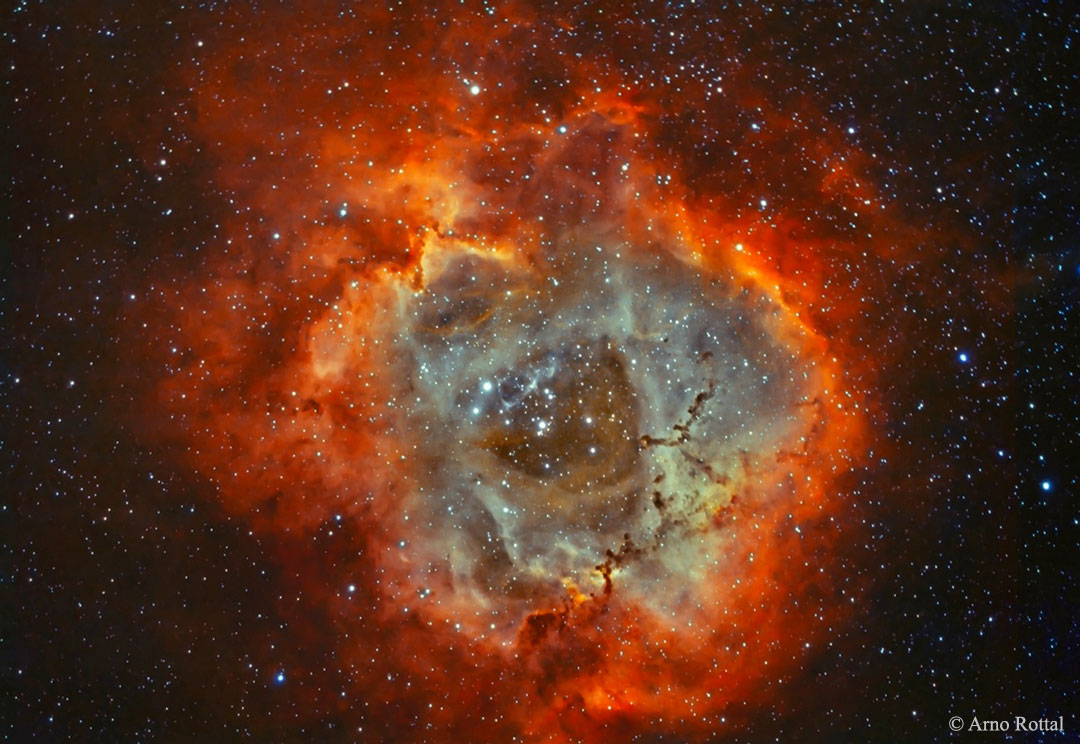The following is a paper I wrote for a college summer seminar on the theory of evolution and its relationship with Catholic theology. The basic thesis takes the themes of the course and extrapolates them to how theology relates to the search for extraterrestrial intelligence. It's a few years old, but I *did* get an A in the course, so I think it's suitable for publication.
Faith and SETI
Having devoted the bulk of his book Deeper than Darwin to the theory of evolution and the implications
for its compatibility with theology, John Haught shifts the focus in his last
chapter: “Darwin, God, and the Search for Extraterrestrial Intelligence”. At
first the topic seems like mere science fiction, but it is entirely relevant to
a theological analysis of evolution. The discovery of intelligent alien life in
the future would be a landmark discovery much like Darwin’s discovery of
evolution. It would cause debate. It might cause some to believe that the
existence of God has been disproven. But for many, it will be possible to see
the existence of alien intelligence as further proof of cosmic purpose. Like
evolution, first contact with extraterrestrial intelligence will lead us to
greater insight about God’s creation and about humanity’s place in it, and not
only is the existence of alien life compatible with faith, the faithful should
expect it.
 |
| C.S. Lewis's "Space Trilogy" is one of the first works of science fiction to explore the interaction of the concepts of faith and alien life. (Image source) |
Haught describes the discovery of intelligent life
elsewhere in the universe as “one more in a series of occasions that modern
cosmology has provided for theology to […] deepen its sense of nature and God”
(p. 179). This “series” includes the discovery that the Earth is not the center
of the universe and the discovery of Darwinian evolution. Both of these
revealed scientific views of the natural world that ran counter to the literal
interpretation of the Bible, yet Christianity did not die out in the
Renaissance, nor did it die out in 1859. Religion has never been disproved by
scientific discovery, and since science is the study of God’s creation, it can
never do so. Instead, challenging scientific discoveries offer theology an
opportunity to expand into greater depths; the discovery that the earth is
billions (instead of thousands) of years old and that new creatures are created
through the gradual change of older species reveals new truths about the grand
scope of God’s creation. In the same way, the revelation that God has created
other peoples in the universe will change the perspective of theology
dramatically.
There exist several reasons some believe that the
discovery of alien intelligence would disprove the existence of God. One of
these arguments is that a generally held tenet of religion is that humans are
special in the scheme of creation, and the discovery that other intelligent
species exist in the universe would mean humans are not unique. Haught lists
two points defending human uniqueness even if intelligent life were found to
exist elsewhere in the cosmos. The first of these is that physically, humans
would still be unique, as “it is biologically inconceivable that there would be
other humans anywhere else in the
universe” (p. 180). Despite depictions of humans or aliens who are nearly
identical to humans in a wide variety of science fiction works such as Star Trek, in reality the odds of
finding other humans in the universe are nearly zero when we consider how just on
our planet, species have evolved on widely diverse paths. Since conditions on
any other world would not be identical to conditions on Earth, the idea of life
following an evolutionary path identical to ours seems absurd, even when
considering convergent evolution. It is possible that any alien race we find won’t
even share basic body arrangements with us, such as a bipedal, upright form or
two eyes and a mouth on a head. Thus in that sense we as a race will retain our
uniqueness, our sense of identity, no matter how many other races we may find
out there.
 |
| Everything we know about life on Earth suggests that any intelligent life we find elsewhere will look nothing like us, defying the expectations of popular culture. (Image source) |
The other argument Haught gives for human uniqueness and
value is that given by many different religions: “we express our own unique
human dignity and value not by looking for signs of our mental or ethical
superiority over other forms of life but by following a path of service and
even self-sacrifice with respect to the whole of life, wherever it may be
present” (p. 180). The aliens may have the ability to traverse the galaxy
instantaneously or a lifespan ten times that of a human, or they may have
nothing more than stones, clubs, and fire. Regardless of their technological or
sociological accomplishments, however, we will retain our dignity and value,
for nothing can change our ability to show compassion or love to others. While
humans will no longer be unique in the sense of being the only species in the
universe capable of showing love, we will remain part of that unique class of
beings that can love. If anything, first contact will represent an enormous
opportunity for us to learn how to show love, compassion, and respect for an
entirely new species.
The Bible speaks only of the human race and not of any
alien races on other worlds (although angels are a different race, just not a
physical one). Thus the discovery of aliens might lead some to believe the
Bible is inaccurate. This would be a fallacy though, as whether or not other
races exist in the universe is a topic largely unrelated to the revelations
with which the Bible is mainly concerned, for the same reason that the Big
Bang, evolution, and the earth revolving around the sun are not discussed. On
the contrary, we should note that the Bible leaves
room for the existence of aliens; it never states explicitly that humans
are the only physical beings with souls in the entire universe.
Haught comments on religion’s ability to accept new
scientific teachings: “Religion can put up with all kinds of particular
scientific ideas so long as these ideas do not contradict the sense that the
whole scheme of life is meaningful” (p. 185). Haught presents a compelling
reason why the discovery of intelligent life would be an affirmation of the existence of God: the knowledge of not one but
two intelligent species in the cosmos would effectively double the number of reasons to believe that the universe naturally
gives rise to intelligence, indicating that life does indeed have a “point,” or
a goal towards which it strives. Haught argues that the discovery would “place
the burden of proof upon those who see no intrinsic connection between mind and
[…] nature” (p. 188). When multiple instances of intelligence are shown in the
universe, Occam’s razor would dictate that there is a cause, a reason, for this
trend, which is a simpler solution than the idea that these “random” events
occur over and over again. And the more of these “flukes” we find in space, the
greater that burden will become.
 |
| With so many galaxies in the universe, it seems unlikely that there could only be one species of thinking, feeling beings. (Image source) |
If anything, rather than being “too much” for religious
belief to accommodate, the discovery of alien life may not be enough; it may
actually be too narrow an idea in comparison to what really exists in the
cosmos. Haught remarks that intelligent life “is only one instance of cosmic
beauty” and that “What we call intelligent life might turn out to be too
trivial a notion to capture what is already ‘out there’” (p. 189). Haught cites
philosopher Alfred North Whitehead’s argument that since beauty has intrinsic
value, anything that produces beauty “could be called purposeful or
‘teleological’” (p. 189). Thus the concept of the universe being purposeful
could lead to creation giving rise to all kinds of things (things we could not
begin to imagine), not just intelligence. Throughout the course of human history,
predictions about future discoveries have often failed to grasp the wonder
found in the actual discoveries; God frequently surprises us with just how
amazing His creation can be, even if we begin with the acknowledgment that He
is omnipotent. Even if we imagine a universe containing countless
civilizations, we may not be thinking too big;
we may be thinking too small. The
idea of civilizations dotting the stars may not do justice to what is truly out
there.
 | |
| Though we have yet to discover any life in space, natural beauty nevertheless abounds in the universe. | (Image source) |
When the idea of a universe over which an omnipotent,
benevolent God presides is accepted, then it follows that the universe has a
purpose. When that purpose appears to be to bring forth sentient life, theists
should not be surprised at the possibility of the existence of aliens. In fact,
they should expect it. Contact with alien intelligence, should it ever occur,
will be far less of a game-changer than some might expect. It will certainly
allow theology to probe deeper into the depths and reveal new insight into our
place in Creation. It will not signal the death of religion; it will solidify
the case for religion. The knowledge that the changing cosmos has led to intelligence
in more than one instance would represent greater evidence that the entire
universe strives towards an end goal. With every alien race we would encounter,
that evidence would grow stronger, pointing to a universe created by God to
bring forth free-willed beings, made, like us, in His image. We may find,
however, that those races are nothing more than the tip of the iceberg, and
that the universe is filled with wonders humanity never imagined, a testament
to the beauty and wonder of God’s creation.
For Christians, there is an interesting quote from Jesus in John 10:16, "And other sheep I have, which are not of this fold: them also I must bring, and they shall hear my voice; and there shall be one fold, and one shepherd." It is generally understood to mean Gentiles. Then again, a Gentile is basically anyone who is not a Jew, so I suppose if you were from another planet you'd be a Gentile! :-) Interesting thought...
ReplyDelete